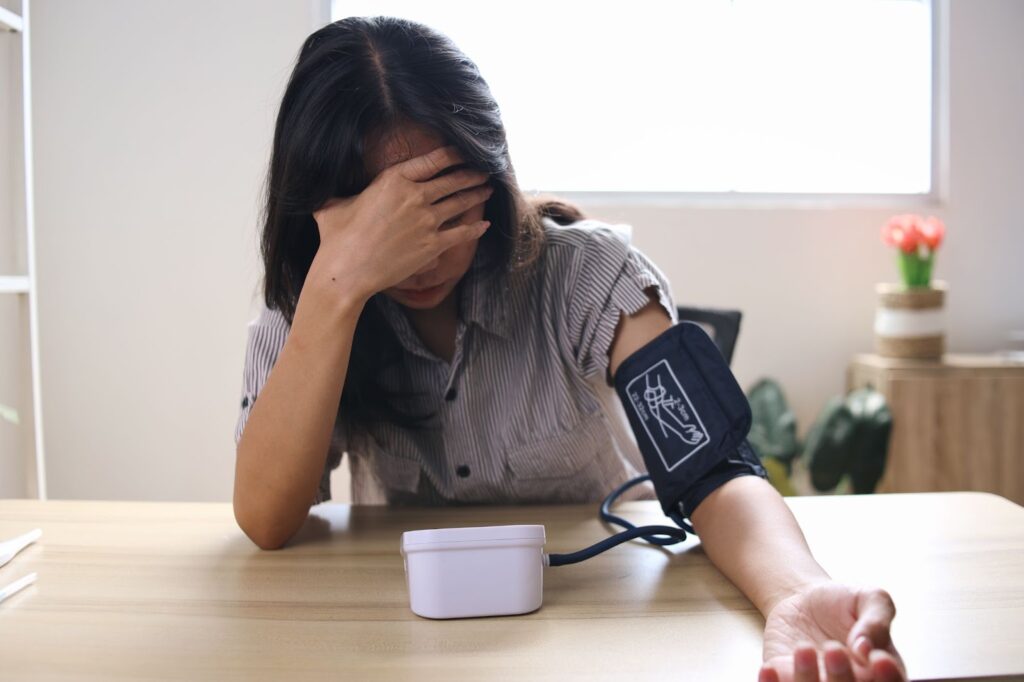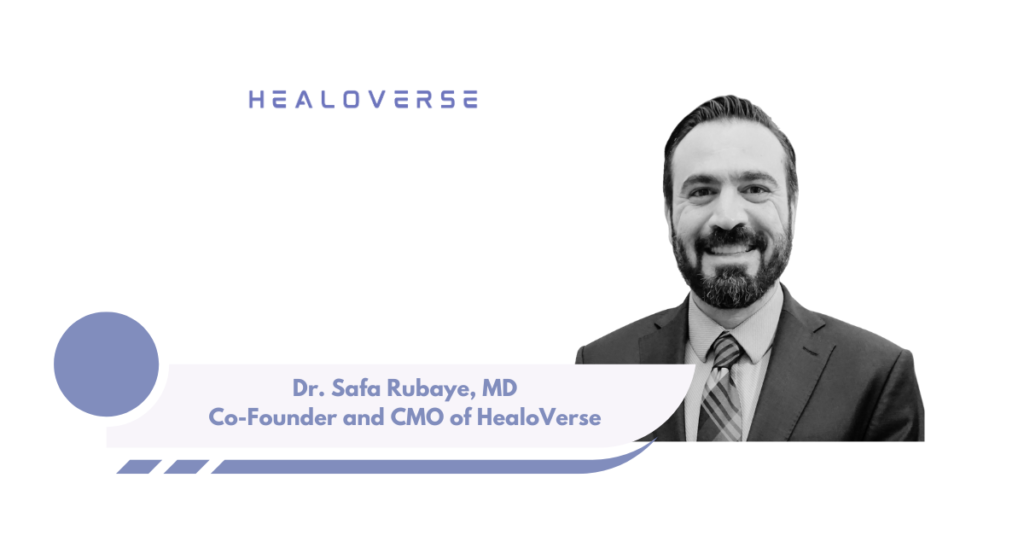Anxiety and high blood pressure (hypertension) are two common health conditions that affect millions worldwide. While they may seem unrelated, research suggests a strong connection between the two. Anxiety can trigger temporary spikes in blood pressure, and chronic stress may contribute to long-term cardiovascular issues. This blog explores how anxiety influences blood pressure and ways to manage both conditions effectively.
What Is Anxiety?
Anxiety is a natural response to stress. It becomes a disorder when excessive worry or fear disrupts daily life. Common anxiety disorders include:
- Generalized Anxiety Disorder (GAD): Ongoing worry about daily life events.
- Panic Disorder: Unexpected bursts of extreme fear, often accompanied by physical symptoms.
- Social Anxiety Disorder: Overwhelming fear of social interactions.
- Phobias: Strong fears of particular objects or situations.
Anxiety affects both the mind and body. Symptoms include rapid heartbeat, shortness of breath, sweating, and muscle tension. These reactions result from the body’s “fight-or-flight” response, which prepares us to deal with threats.
What Is High Blood Pressure?
High blood pressure (hypertension) occurs when the force of blood against artery walls remains elevated. It is measured using two numbers:
- Systolic pressure:The force exerted when the heart contracts and pumps blood.
- Diastolic pressure: The pressure in the arteries when the heart relaxes between beats.
Blood Pressure Categories:
The blood pressure categories are divided as follows::
- Normal: Less than 120/80 mmHg
- Elevated: 120–129/<80 mmHg
- Hypertension (Stage 1): 130–139/80–89 mmHg
- Hypertension (Stage 2): 140/90 mmHg or higher
- Hypertensive Crisis: Higher than 180/120 mmHg (requires immediate medical attention)
Untreated hypertension increases the risk of heart disease, stroke, kidney problems, and other complications. Factors like genetics, diet, physical activity, and stress levels contribute to its development.
How Anxiety Affects Blood Pressure
When you feel anxious, your body releases stress hormones like adrenaline and cortisol. These hormones cause:
- Faster heart rate
- Constricted blood vessels
- Increased blood pressure
This temporary spike in blood pressure usually returns to normal once the anxiety subsides. However, chronic anxiety can keep your body in a heightened state of stress, potentially leading to long-term hypertension.
Managing Anxiety to Control Blood Pressure
Since anxiety and high blood pressure are interconnected, managing one can benefit the other. Here are some effective strategies:
1. Lifestyle Changes
- Regular Exercise: Engaging in at least 30 minutes of moderate exercise, such as brisk walking, swimming, or cycling, five times a week can significantly reduce stress and improve cardiovascular health. Strength training and yoga can also help regulate blood pressure over time.
- Healthy Diet: A well-balanced diet that includes lean proteins, healthy fats, and fiber-rich foods like fruits, vegetables, and whole grains helps lower hypertension risks. The DASH (Dietary Approaches to Stop Hypertension) diet is particularly effective in managing blood pressure.
- Limit Caffeine & Alcohol: While caffeine and alcohol don’t directly cause chronic hypertension, excessive consumption can lead to temporary spikes in blood pressure and exacerbate anxiety symptoms. Switching to herbal teas or decaffeinated options can help.
- Adequate Sleep: Poor sleep quality is linked to increased stress hormones and higher blood pressure. Aim for 7-9 hours of quality sleep by maintaining a consistent bedtime, limiting screen exposure before bed, and creating a relaxing nighttime routine.
2. Stress-Reduction Techniques
- Meditation & Deep Breathing: Practicing mindfulness meditation or deep breathing exercises like box breathing (inhale for 4 seconds, hold for 4 seconds, exhale for 4 seconds, hold for 4 seconds) can activate the body’s relaxation response and help regulate blood pressure.
- Yoga & Stretching: Certain yoga poses, such as child’s pose, forward bends, and legs-up-the-wall pose, promote relaxation and help lower blood pressure by reducing muscle tension.
- Progressive Muscle Relaxation (PMR): This technique involves tensing and then slowly relaxing different muscle groups, helping reduce stress and enhance overall relaxation. Practicing PMR before bed can also improve sleep quality.
- Journaling & Expressive Writing: Writing down worries, tracking triggers, and expressing emotions in a journal can help process anxiety and provide clarity on stressors contributing to high blood pressure.
- Spending Time in Nature: Studies show that spending time outdoors, especially in green spaces or near water, lowers cortisol levels and promotes relaxation, helping manage both anxiety and blood pressure.
3. Professional Help
- Cognitive Behavioral Therapy (CBT): This evidence-based therapy helps individuals identify and change negative thought patterns that contribute to anxiety and stress, reducing its impact on blood pressure.
- Medication: Some medications, such as beta-blockers and certain anti-anxiety medications, may help regulate both anxiety and blood pressure. However, medication should be taken under the guidance of a healthcare professional.
- Regular Check-Ups: Monitoring blood pressure regularly and consulting a healthcare provider can help detect issues early and prevent complications. Personalized treatment plans, including lifestyle modifications and medications, can be more effective when monitored consistently.
By incorporating these strategies, you can take proactive steps toward managing anxiety and high blood pressure, improving both mental and physical health.
Taking Charge of Your Health
Did you know anxiety can affect your blood pressure? Stress and hypertension often go hand in hand, but the good news is, you can take control. By managing stress, adopting a healthy lifestyle, and seeking the right support, you can improve both your mental and physical well-being.This is where HealoVerse comes in. With expert guidance and VR assisted ketamine therapy, we help you navigate anxiety and high blood pressure with ease. Small changes can make a big difference, and you’re not alone in this journey.If anxiety or hypertension is affecting your daily life, it’s time to take action. Your health is in your hands!



